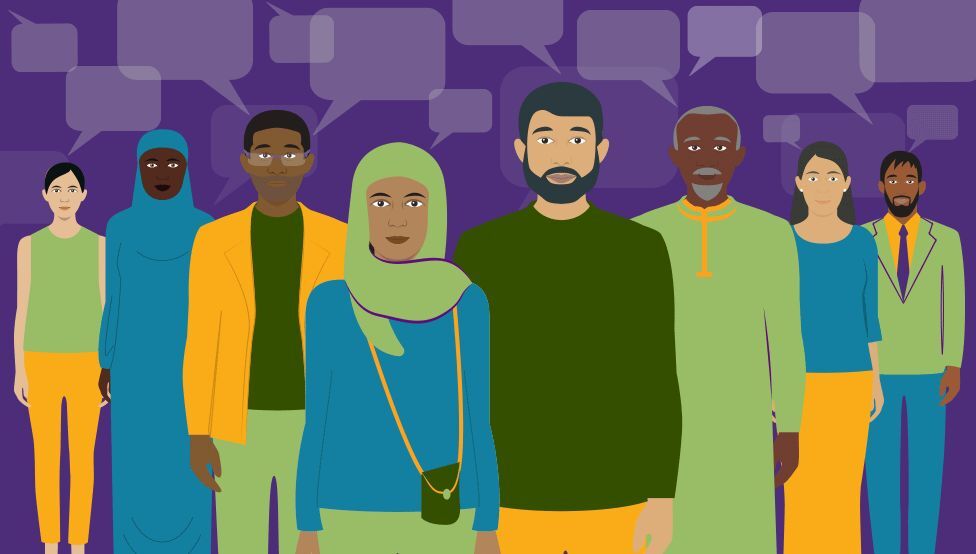This week’s mass murder in the Lebanese area of Baakline is a reminder that honor killings, while less frequent in Lebanon compared to other Arab countries, are more commonplace in Lebanon than is typically thought. A man from the Harfouch family was detained today over the killing of 10 people including his wife, two brothers, and two Syrian children, a…
A crisis on top of a crisis; the fragility of Arab states
In chaos theory, the butterfly effect is the sensitive dependence on initial conditions in which a small change in one state of a deterministic nonlinear system can result in large differences in a later state. In his 2014 book “The Butterfly Defect”, Oxford Martin School Professor Ian Goldin warned against the increase in systemic risks as a result of globalization,…
Can Morocco Effectively Handle the COVID-19 Crisis?
In Morocco, the COVID-19 pandemic has increased public trust in government, but people still have doubts about the effectiveness of the healthcare system. According to a recent study conducted by the Moroccan Institute for Policy Analysis (MIPA), the majority of Moroccans surveyed are generally satisfied with the measures taken by the government to battle the coronavirus. However, the same survey…
Grappling with a crisis like no other: the fragility of Arab countries in the face of COVID-19
In his 2014 book “The Butterfly Defect”, Oxford Martin School Professor Ian Goldin warned against the increase in systemic risks as a result of globalization. He borrowed the widely used term “butterfly effect” from chaos theory, replacing ‘effect’ by ‘defect’ to highlight the risks associated with a highly connected and integrated world. In a dedicated chapter on the systemic risk…
Could COVID-19 push Jordan to the edge?
… Heading into the unknown Despite the current positive reaction of the Jordanian people and their compliance with the restrictions aimed at saving lives, this momentary amity between the state and the people is unlikely to endure after the virus is contained. In the long run, the emerging economic challenges will likely result in further social unrest and greater popular…
Women in the Middle East North African region pushing back against patriarchy
The world celebrated International Women’s Day on Sunday March 8. But such symbolic days seem to have little effect on the actual status of women in the world, as a recent United Nations report notes. Despite strides towards greater gender equality, the world body notes there is not a single country that has achieved gender equality. Moreover, 90% of men…
Why do Arabs dream of leaving their homelands?
High unemployment rates, oppressive regimes and a desire for better education are some of the reasons cited by Arabs who express a desire to leave their countries. The Arab world has seen a lot of its youth move in search of better opportunities for employment, freedom of expression, in addition to escaping from social and cultural norms they find oppressive….
Celebrating Arab women’s rights
Women’s yearning for fairness and equality has the support of overwhelming majorities in the Arab world. This year, as it is the case every year, the world marks International Women’s Day on March 8. The commemoration is usually an occasion for celebration of the milestones achieved. In the Arab world, there have been quite a few such recent milestones that…
Women approve of FGM more than men in Egypt, survey reveals
Even though the country first outlawed FGM in 2008 and further deemed it a felony in 2016, 51 percent of Egyptian women still approve of the procedure. Female genital mutilation (FGM), which is defined as a “partial or total removal of external genitalia, or any other injury to the female genital organs for non-medical reasons” by the World Health Organization…
Munich Security Conference 2020 Arab Disillusionment
After the Arab spring back in 2011, the political Islam was one of the loudest voices – today, more young people turn away from religion They came late, but finally benefited from the change: While mass demonstrations faded away one authoritarian regime after the other back in 2011, the preachers were missing on the streets, who wanted to sort the…
How Sudan is ingratiating itself with Trump through Israel
…These developments have begun to alter the calculus for leaders of countries who are dependent on US and Gulf aid. But the concerns of country leaders are not necessarily shared among the population, according to a recent wave of nationally representative Arab Barometer surveys, which measured people’s perceptions of the threat to country stability posed by Iran, Israel, and the Trump…
